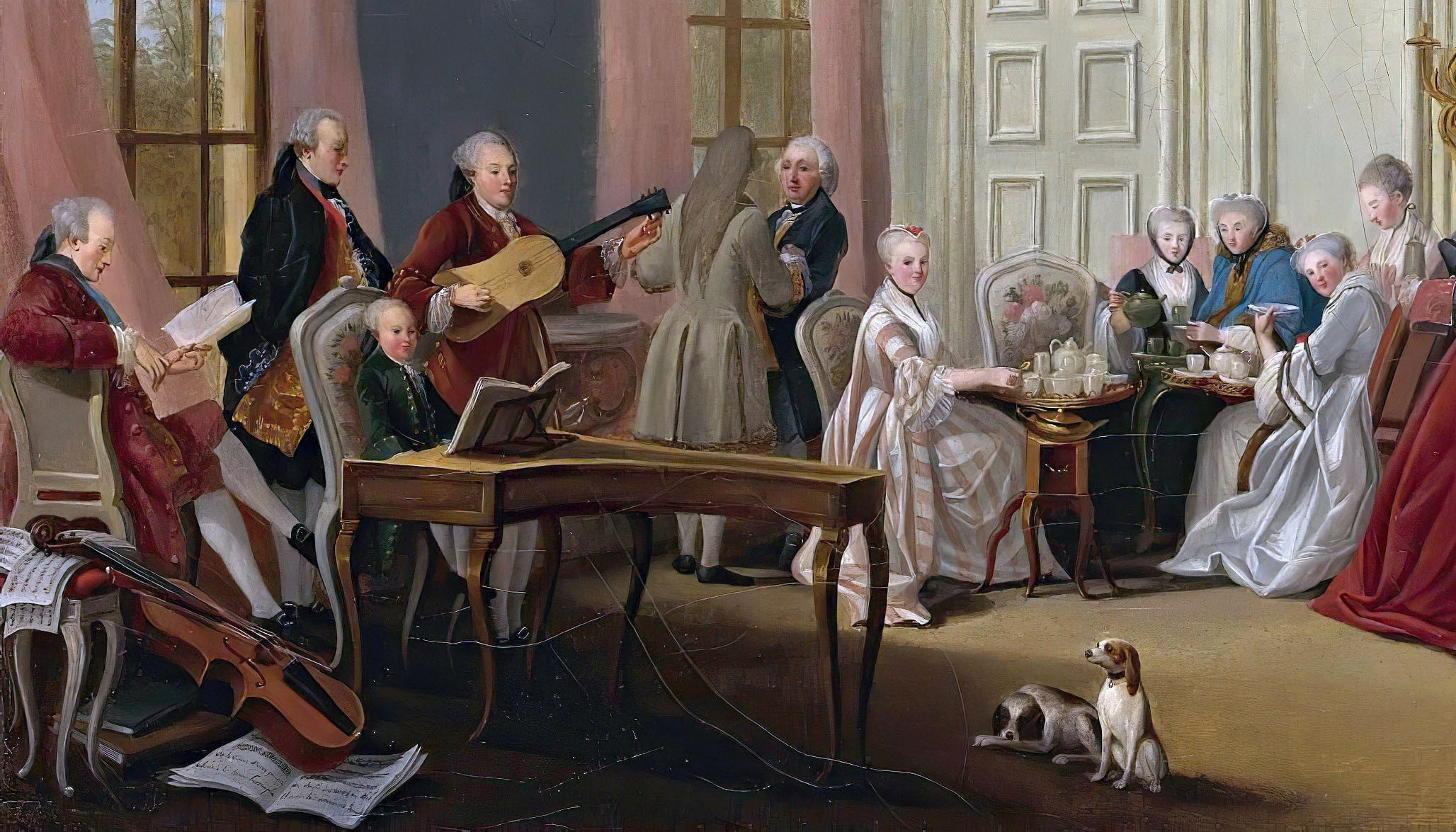
Fine Arts
The History of Classical Music: Pythagoras through Beethoven
5 lessons
3.5h total length
Create Your Account to Get Instant Access to “The History of Classical Music: Pythagoras through Beethoven”
Rediscover the beauty of classical music.
Lessons in this course

31:38
lesson 1
The Development of Music
From the time that Pythagoras discovered the mathematical ratios of harmonic scales, it took the greatest minds over two thousand years to tune the major and minor keys. Pope Gregory I, Charlemagne, Sir Isaac Newton, and lesser-known figures like Guido of Arezzo all contributed to the advancement of the science of music building to the crescendo of Baroque operas. Significant pieces discussed include Monteverdi’s L’Orfeo and J.S. Bach’s Well-Tempered Clavier.

32:42
lesson 2
The Baroque Era: Bach, Handel, and Vivaldi
The Baroque Era saw the emergence of musical genius in composition and virtuosity in performance. Significant pieces discussed include Vivaldi’s Four Seasons, Handel’s Messiah, and Bach’s Brandenburg Concertos, St. Matthew Passion, and fugues.

31:36
lesson 3
The Classical Period: Haydn and Mozart
The Classical Period synthesized opposing Rococo elements into a classic style and explored the capabilities of each instrument by giving each a crucial role in compositions. Significant pieces discussed include Haydn’s “Farewell Symphony” and The Creation, and Mozart’s Le Nozze di Figaro, Don Giovanni, The Magic Flute, Requiem, and piano concertos.

41:35
lesson 4
The Classical Period: Beethoven and Schubert
The late Classical Period pointed the way to the Romantic Era as composers revolutionized the expression of musical possibilities within the classical structures. Significant pieces of the period include Beethoven’s “Für Elise,” Waldstein Sonata, Appassionata Sonata, Emperor Concerto, and his symphonies, as well as Schubert’s “Erlkönig,” Impromptus, and Unfinished Symphony.

46:31
lesson 5
Concert
Hyperion Knight performs J.S. Bach’s “Jesu, Joy of Man’s Desiring,” Two-Part Inventions No. 4 and No. 8, and "Little" Fugue in G Minor, Pachelbel’s Canon in D Major, Mozart’s “Rondo alla Turca” and Eine kleine Nachtmusik, Scarlatti’s Sonata in D Major, Schubert’s “Ave Maria,” and Beethoven’s Moonlight Sonata.
Watch the course trailer
Enroll in "The History of Classical Music: Pythagoras through Beethoven" by clicking the button below.
What Current Students Are Saying
Takes the student through the full context of the course subject matter. Wonderful insight into how we strayed and its consequences and offers a solution.
Create your FREE account today!
All you need to access our courses and start learning today is your email address.